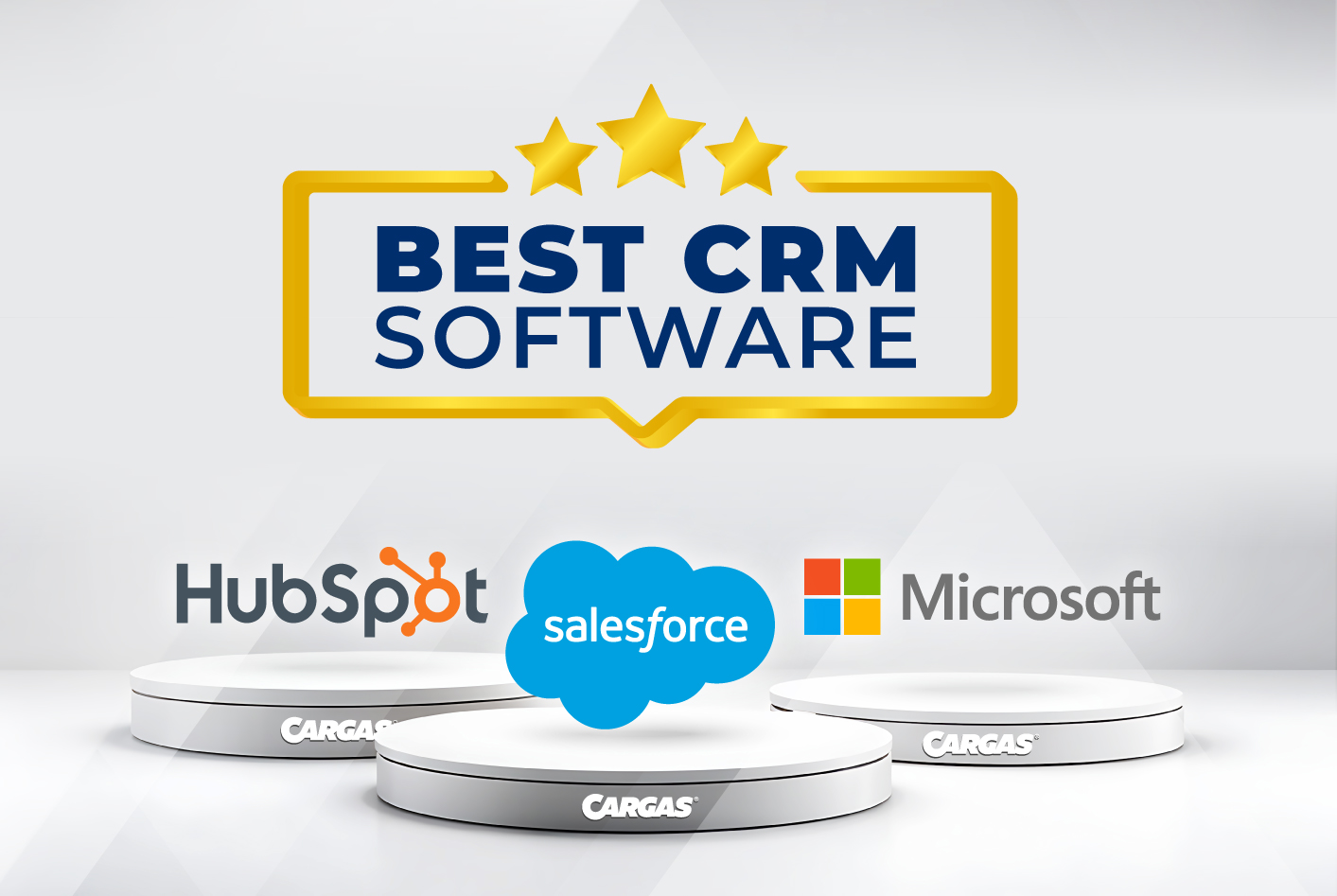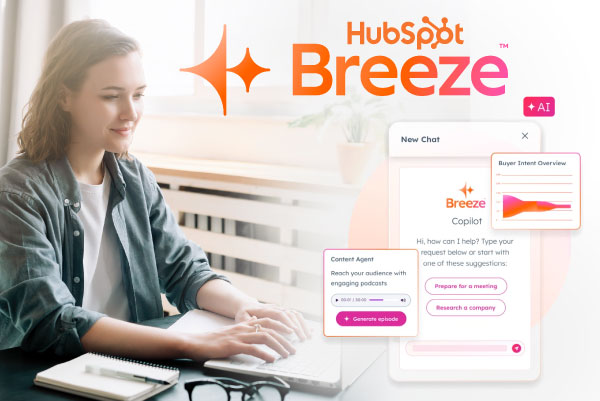COMPARISON | 4 MIN READ
HubSpot vs. Pardot
Compare two of the most popular marketing automation platforms!

HubSpot Marketing Hub and Pardot (Salesforce Marketing Cloud Account Engagement) are powerful marketing automation solutions with different deployments, industry specializations, and features. Discover which is a better fit for your business. In this article we will be comparing the similarities and differences. If you want a side-by-side report, unlock our HubSpot vs. Pardot Comparison Report.
You might be more familiar with Pardot than Salesforce Marketing Cloud Account Engagement (MCAE), but these are actually the same solution. Salesforce rebranded several of its solutions in 2022, with Pardot being renamed to fit in with Salesforce’s traditional naming conventions. MCAE is simply Pardot with a new, wordier name. For this article, we will use Pardot as the name.
SMB/Mid-Market vs. Enterprise Software
Features
HubSpot Core Features:
- Landing Page and Form Builders
- Email Automation
- Ad Management and Retargeting
- Conversational Bots
- Email Marketing and Health Reporting
- List Segmentation
- Mobile Optimization
- Reports and Dashboards
- Landing Pages
- Multi-language Content Creation and Management
- Custom Properties
- Multiple Currencies
- Mobile App
- Live Chat
- Digitized Payments
- SEO Optimization
- Website Development and Traffic Analytics
Pardot Core Features:
- Email Marketing
- A/B Testing
- Forms and Landing Pages
- Marketing Calendar
- Social Post Tracking
- Lead Nurturing
- Prospect Tracking
- Lead Scoring
- ROI Reporting
- Competitor and SEO Keyword Monitoring
- Custom Fields
Suppose you’re eager to explore additional core and advanced module features offered by HubSpot and Pardot. In that case, our comparison report is the perfect resource for you. Explore a detailed side-by-side comparison report.
Pricing
Implementation Timeline
The amount of time needed to implement these solutions will be unique to your business depending on your needs, the modules you choose to implement, and any additional customizations or integrations that are part of your implementation project.
HubSpot Marketing Hub typically takes 8–12 weeks to implement. While it’s known for its user-friendly interface and intuitive setup, organizations often take additional time to configure automation workflows, import contact data, and align multiple Hubs if bundling other tools like Sales or Service.
Pardot (Salesforce MCAE) has a faster average implementation timeline of 4–8 weeks. For teams already using Salesforce CRM, the setup process may be even quicker thanks to native integrations. However, organizations new to the Salesforce ecosystem should plan for additional time to ensure the marketing automation features are properly aligned with their CRM strategy.
Integrations
HubSpot Marketing Hub is well-known for its extensive integration capabilities. With over 1,000 available apps in the HubSpot App Marketplace, businesses can easily connect tools for email, social media, customer service, analytics, and more. HubSpot’s native integrations with platforms like Salesforce, Slack, and Microsoft Dynamics allow businesses to create a connected marketing and sales ecosystem without heavy customization. For businesses using multiple software tools, HubSpot’s plug-and-play approach simplifies the integration process and minimizes IT involvement.
Pardot is built to work seamlessly within the broader Salesforce platform. This tight integration is ideal for companies already committed to Salesforce CRM, enabling a unified view of customer data across sales and marketing functions. While Pardot doesn’t offer as many out-of-the-box integrations as HubSpot, its compatibility with Salesforce-native tools and ability to support custom API connections make it a strong choice for companies that want a tightly controlled, enterprise-grade marketing stack.
Sum It Up
HubSpot is an excellent fit for small and mid-size companies needing powerful marketing features. The software can connect with disparate systems to give marketing teams a unified view of the business, which helps them draw from data to build powerful campaigns.
Marketing Cloud Account Engagement is an add-on for Salesforce CRM, giving the software additional tools focused on sales enablement and customer journeys. Since an investment in MCAE requires a Salesforce CRM license, the software is best for larger companies with higher budgets.
At Cargas, our expert consulting team specializes in marketing automation solutions, including HubSpot Marketing Hub. If you’re trying to understand whether or not HubSpot is a good fit for your business, we’d love to help. Let’s connect to talk about your needs and what you’re looking for in a software solution.
HubSpot vs. Pardot Comparison Report

Take advantage of our side-by-side comparison report by entering your information: ►

Let’s Chat
Still have questions? Get in touch with our expert team of software professionals.


